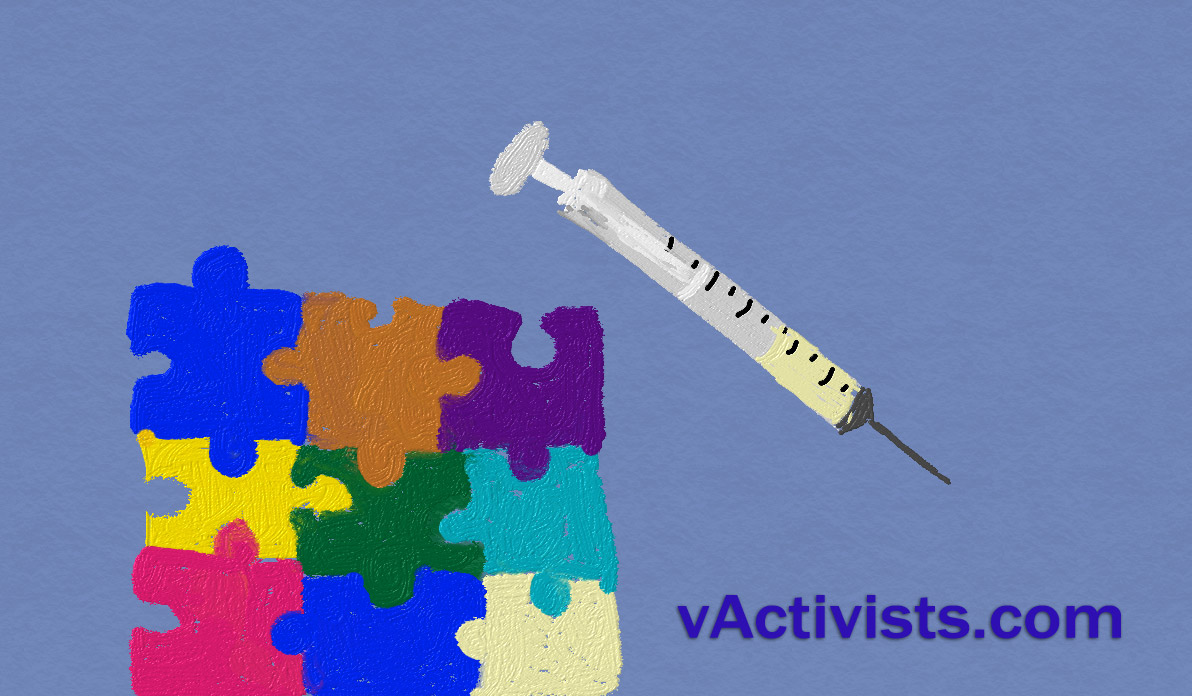
Abstract
Universal hepatitis B vaccination was recommended for U.S. newborns in 1991; however, safety findings are mixed. The association between hepatitis B vaccination of male neonates and parental report of autism diagnosis was determined. This cross-sectional study used weighted probability samples obtained from National Health Interview Survey 1997-2002 data sets. Vaccination status was determined from the vaccination record. Logistic regression was used to estimate the odds for autism diagnosis associated with neonatal hepatitis B vaccination among boys age 3-17 years, born before 1999, adjusted for race, maternal education, and two-parent household. Boys vaccinated as neonates had threefold greater odds for autism diagnosis compared to boys never vaccinated or vaccinated after the first month of life. Non-Hispanic white boys were 64% less likely to have autism diagnosis relative to nonwhite boys. Findings suggest that U.S. male neonates vaccinated with the hepatitis B vaccine prior to 1999 (from vaccination record) had a threefold higher risk for parental report of autism diagnosis compared to boys not vaccinated as neonates during that same time period. Nonwhite boys bore a greater risk.
This study can be found at the following links:
This study has been archived at the following places: